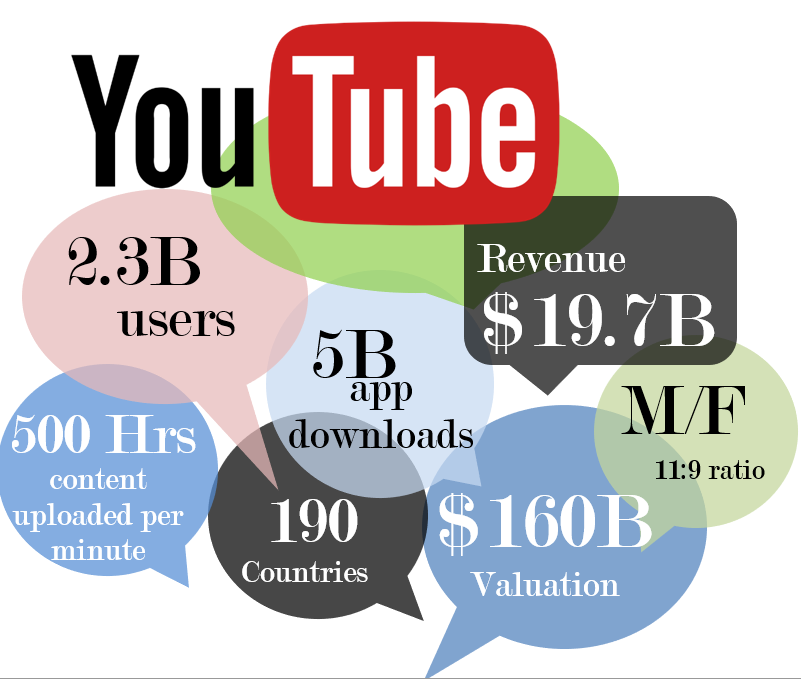What went wrong with the music Industry in the 2000’s?

Initially it seemed that Illegal file sharing was a good thing, the first nail in the coffin for the music industry’s business model. The music companies went into meltdown. How could they survive with nothing physical to sell?
Industry layoffs soon followed, and we all secretly smirked as A&R executives had to get ‘real jobs’. But those execs who were left wracked their brains to work how they could hang on to their private jets and decided to do what they always did - continue to keep ripping off musicians.
They played their ace card, publishing. Their business model became one of intellectual property management, primarily defending copyright infringements, not managing musicians.
They figured out that owning the rights of tried and tested music was like creating their own cryptocurrency. Trouble is, with that business model they don’t need a forward supply chain, so musicians are on their own.
They will cherry pick the low hanging fruit but the catch 22 for bands is that they will only sign you after you already have gone viral. You might be picked up, even at a premium, but until then they ain’t going to take the risk on new talent. Why didn’t we think of this before they secretly say. Or not so secretly, this is the new age of no shame after all.
Once the record companies regained their leverage they exercised it. A flurry of litigation made the platforms life so difficult they had three choices – pay up, play ball, or walk away. YouTube chose both. They pay the record companies and police for possible copyright infringements.
The upshot is no longer do record exec’s take risks. They don’t nurture new talent. They are leeches. They cut jobs, raise fees, and still fly in private jets.
Scandals
The natural laws of supply and demand no longer applied. The Boomers retired and most (of the ones I know) spent their disposable income on learning to be a rock star. The number of new musicians exploded, and so did unscrupulous companies who saw them as cash cows. Some notable ones are…
- The music colleges still frivolously encourage people to go into a lifetime of debt for a degree that was worthless. This does produce a surfeit of really good musicians, but they are competing against other really good musicians for jobs that are rare, precarious and pay minimum wage.
- Streaming revenues are at an all-time low.
- Spotify uses fake artists that they own the publishing rights to in order to avoid paying real musicians’ royalties and therefore boost its profits.
- Then there are the consultants! avoid being ripped off
Why the Internet didn’t deliver for musicians?
It soon became apparent that being able to distribute your own music didn’t work. You had to get noticed in the exponentially increasing ‘noise’. You had to be promoted. The record companies still had a stranglehold on national airplay so no matter how many likes you got it never translated into income.
The problem is that you have to give your music away, and if you give it away it becomes worthless! Not culturally worthless, but financially worthless.
Musicians like me aren’t in it for the money so don’t worry, there will still be plenty of music out there. Too much actually and that means turning pro is no longer viable.
Aspiring pro musicians could only watch as file sharing (that started with Napster) became legal, as did other pirates, and slowly descended into the monopoly that is Spotify. Monopoly is perhaps the wrong word, more like dictatorship! Musicians take all the risks and get the lowest rewards ever.
Some resistance was mounted. Token gestures by Niel Young and Joni Mitchell to remove their catalogs from Spotify were short lived. It’s the only game in town.
Conclusion
The only good thing Record companies ever did was provide quality control. The old system had standards. If a band was signed it meant they were worth a listen. Now they are not music companies but copyright management businesses they cease to have any cultural validity. It’s our fault, we let it happen.
Somehow we were content to build these platforms (and their fortunes) for them with our creativity for the most worthless currency ever, Likes. That says a lot about us and a lot more about them for exploiting us with no conscience.